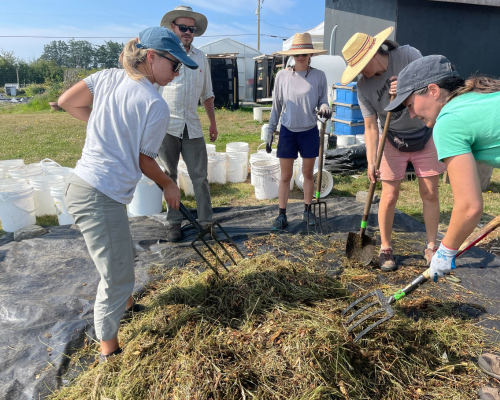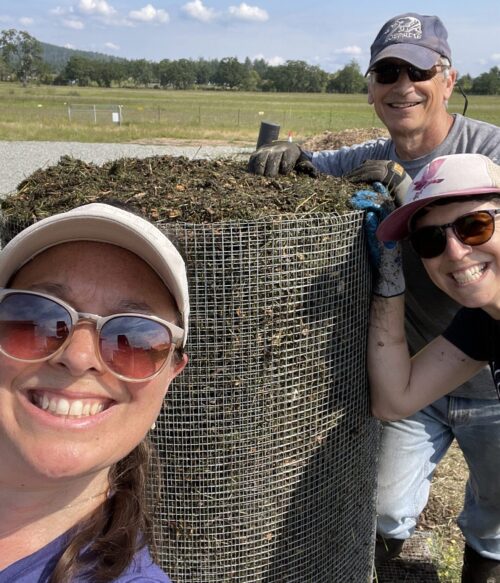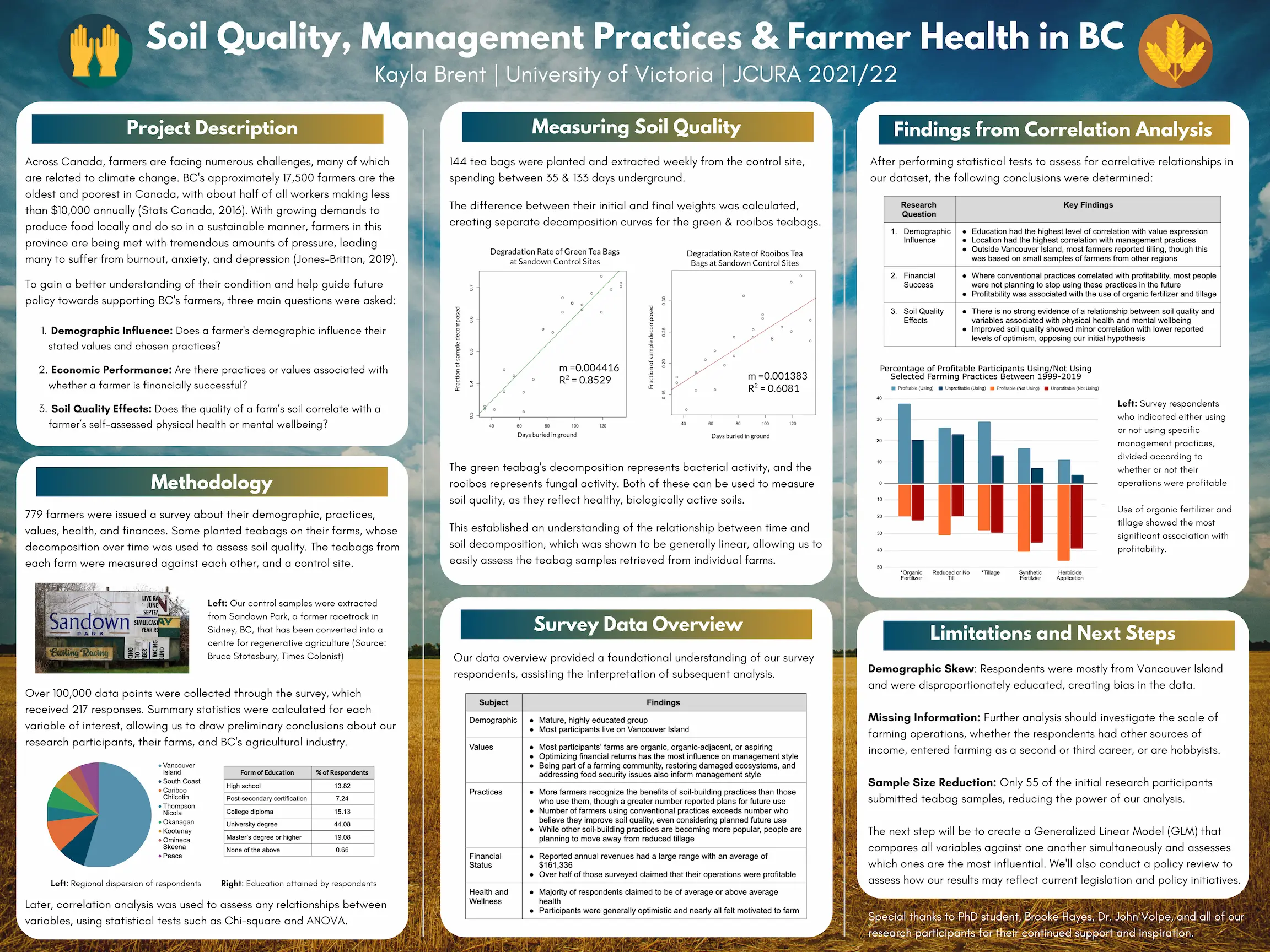
Field assessment of the Tea Bag Index (TBI) as a measure of soil health
The functional productivity of agricultural soils is a growing global concern in the face of climate change. This problem is amplified by the lack of consensus around what “soil health” means and how it is measured. The “Tea Bag Index” (TBI) is a recent attempt to overcome this challenge. Relative to the wide array of conventional soil science methods used to assess soil health, TBI is relatively simple to execute and yields easily interpretable data. As a result, TBI is rapidly gaining global support. The research objective is to assess the core assumptions of TBI with a focus on its performance in agricultural settings.









